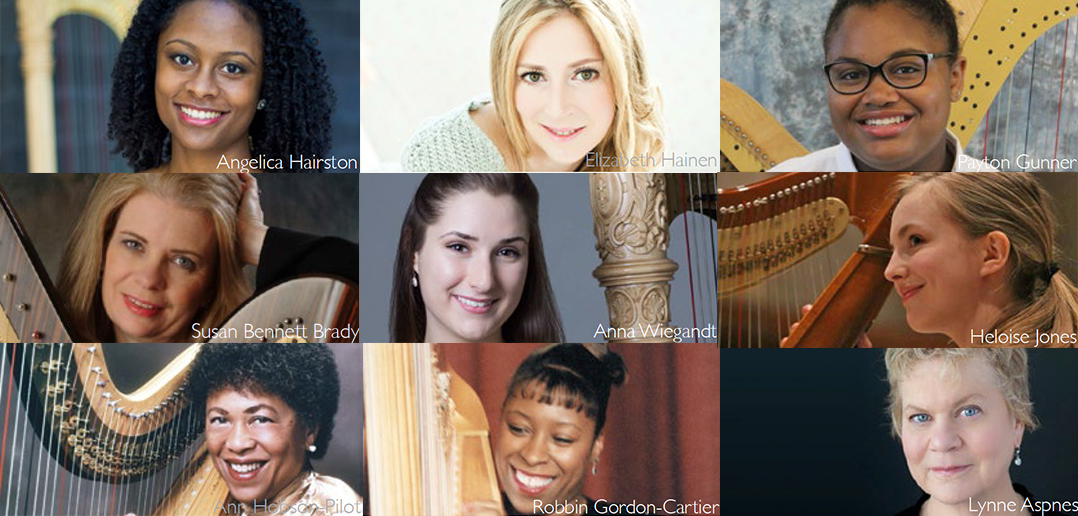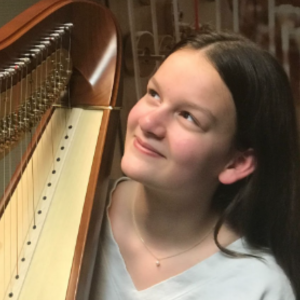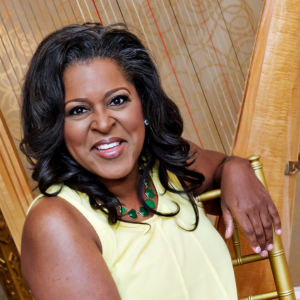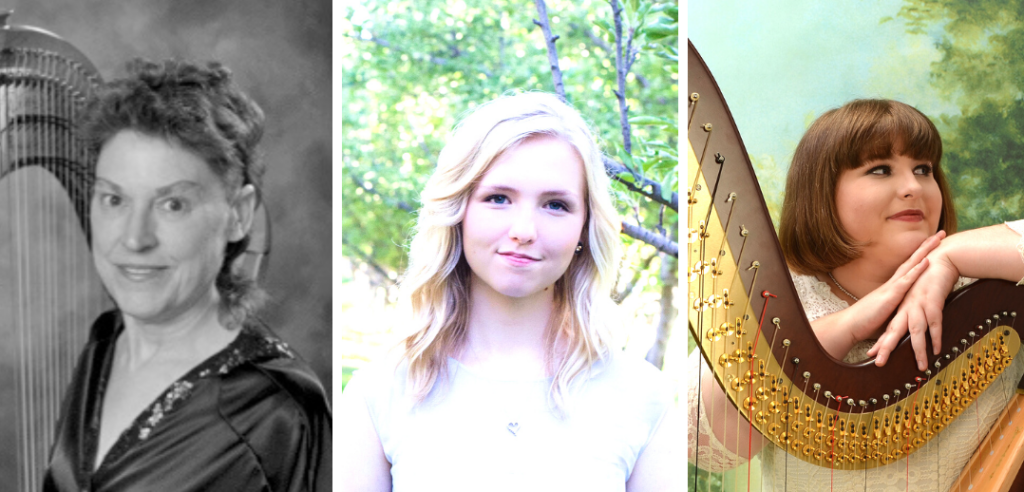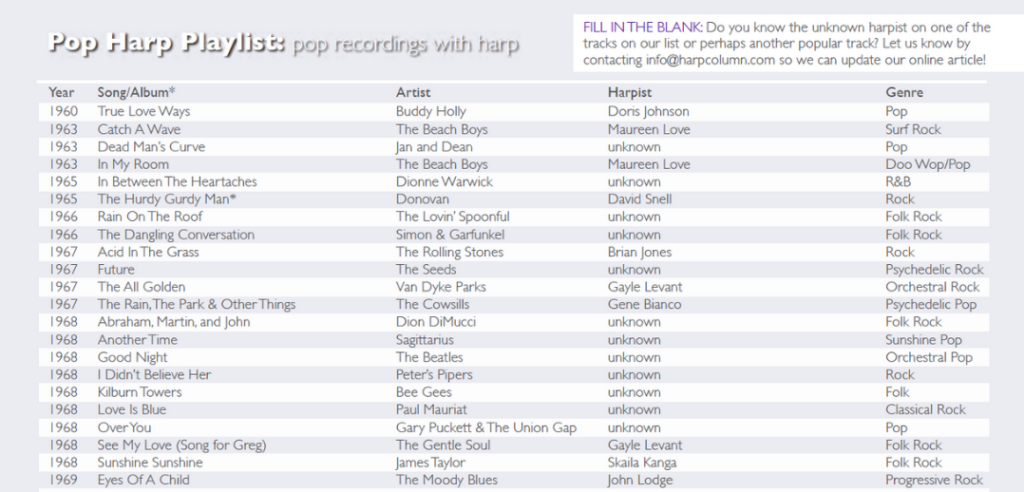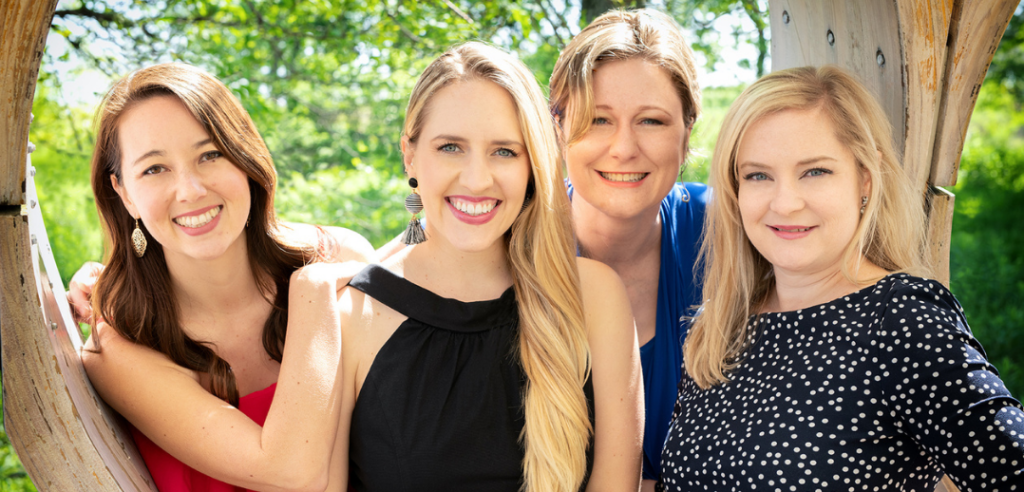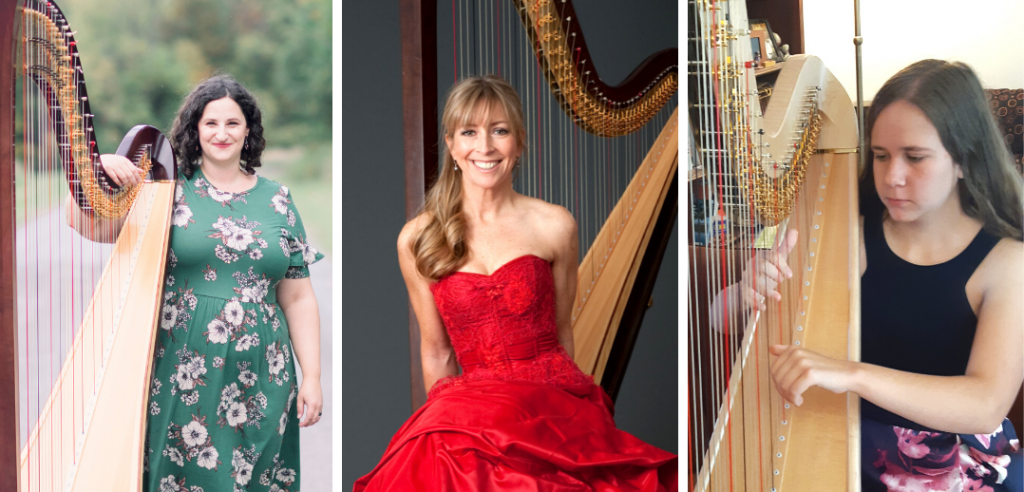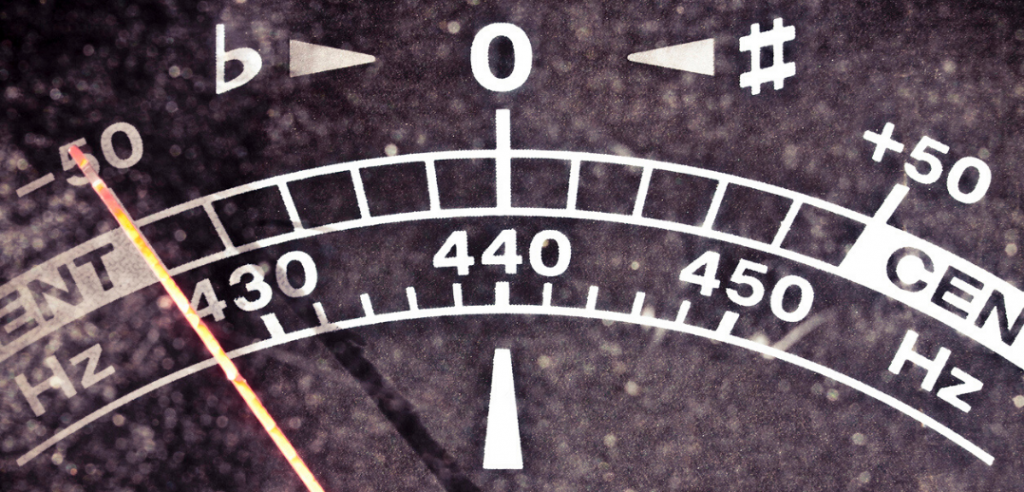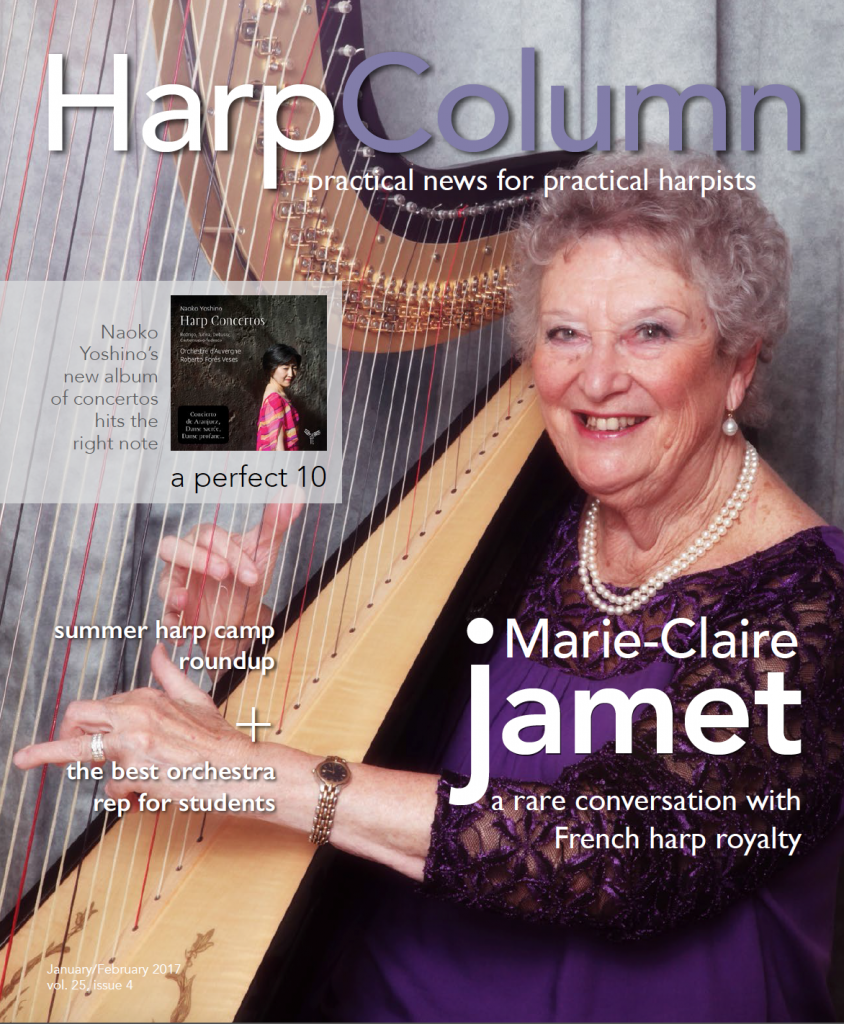—by Angelica Hairston
This article extra is a companion to the feature article Summer Harp Camp Roundup.
As the cold winds blow outside your window, summer camp may be the last thing on your mind. But as you enjoy a cup of hot cocoa to curb the winter chill, you should also warm up to the idea of summer studies. After all, it’s already 2017 and your program may be only six months away!
A summer program can be an incredible opportunity to grow as an artist, and the more you can do now, the more you will get out of the experience this summer. Identify your weaknesses and strengthen your skills now. This will help you broaden your musical experience this summer. Work on choosing the right program. Make a list of what you’d like to accomplish this summer. If ensemble playing is what you lack, consider attending a camp that offers group harp performances, orchestra experience, or a chamber program. If you’d like to expand your abilities as a soloist, you may find great opportunities in a camp that provides a masterclass setting. Or maybe you need time to escape the intensity of your normal schedule and find inspiration in a remote location. Many summer programs are held in picturesque settings, giving you the breath of fresh air you need to breathe new life into your playing. As you make plans, remember that summer programs provide the chance to recharge, refocus, and expand your horizons both musically and personally. As you search for the right fit, also keep in mind how much you can gain from the new friends you will make and the fun you will have making music in a summer setting.
We asked some teachers and students to give us their best preparation tips for you to set the stage for a productive and fun-filled summer:
1.“Prepare your solos and excerpts as if you are preparing them for a competition and don’t wait to perform them until you arrive at the program. After all, who wants to attend a summer program where all you do is practice?” —Elizabeth Hainen, faculty, Curtis Summerfest Elizabeth Hainen Harp Colony
2. “Don’t be afraid to venture to a camp that is far from home and helps you become more independent. Start practicing personal responsibility now and remember that at camp, your mom won’t wake you up if you sleep through your alarm!” —Payton Gunner, student, Interlochen Arts Camp 2016
3. “Be prepared on any assigned parts for ensemble before arriving. Even if you’re only playing one hand or one note, it’s better to have something you can play well than to not be able to join the group at all. For solos, it’s best to have something short and well prepared than a whole lot of irons in the fire.” —Susan Bennett Brady, faculty, Young Artist’s Harp Seminar
4. “Observe and reflect on how you manage your time in the practice room. The more efficiently and effectively you work now, the more you can get out of your summer at a festival.” —Anna Wiegandt, student, Brevard Music Center 2016
5. “Save money from your holiday gifts and jobs to help offset the cost of travel and tuition. If you’re in the gig scene: bring your gig music to camp! At certain camps, there’s lots of money to be made, and you can often book gigs through the festival.” —Heloise Jones, student, Aspen Music Festival 2016
6. “Orchestra and harp ensemble pieces may not be assigned until close to the time of the camp. Learn your solos early so you have time to focus on the new rep you are assigned and consider summer camp as a time for placing your finishing touches on a piece.” —Ann Hobson Pilot, faculty, Boston University Tanglewood Institute Young Artist’s Program
7. “Look up the bios of each of the presenters and, if possible, buy one of their CDs, read one of their books, learn the rep that they perform, and familiarize yourself with their style. Do your homework and be clear about what you want from each class or teacher. You can get much more out of a class if you study ahead of time so you’re ready to play and ask questions. Don’t waste your money!” —Robbin Gordon-Cartier, faculty, Beginning in the Middle
8. “Unplug! Ditching the technology, or at least prepping for camp by putting a vacation message on email and social media, can go a long way towards assisting you in leaving the plugged-in world behind. It’s a challenge to prioritize all of the information you will be receiving at music camp if we go into the experience with one foot on the dock and one in the canoe! Take the leap instead, and try leaving the plugged-in world at home.” —Lynne Aspnes, faculty, HarpArts Music Retreat •






